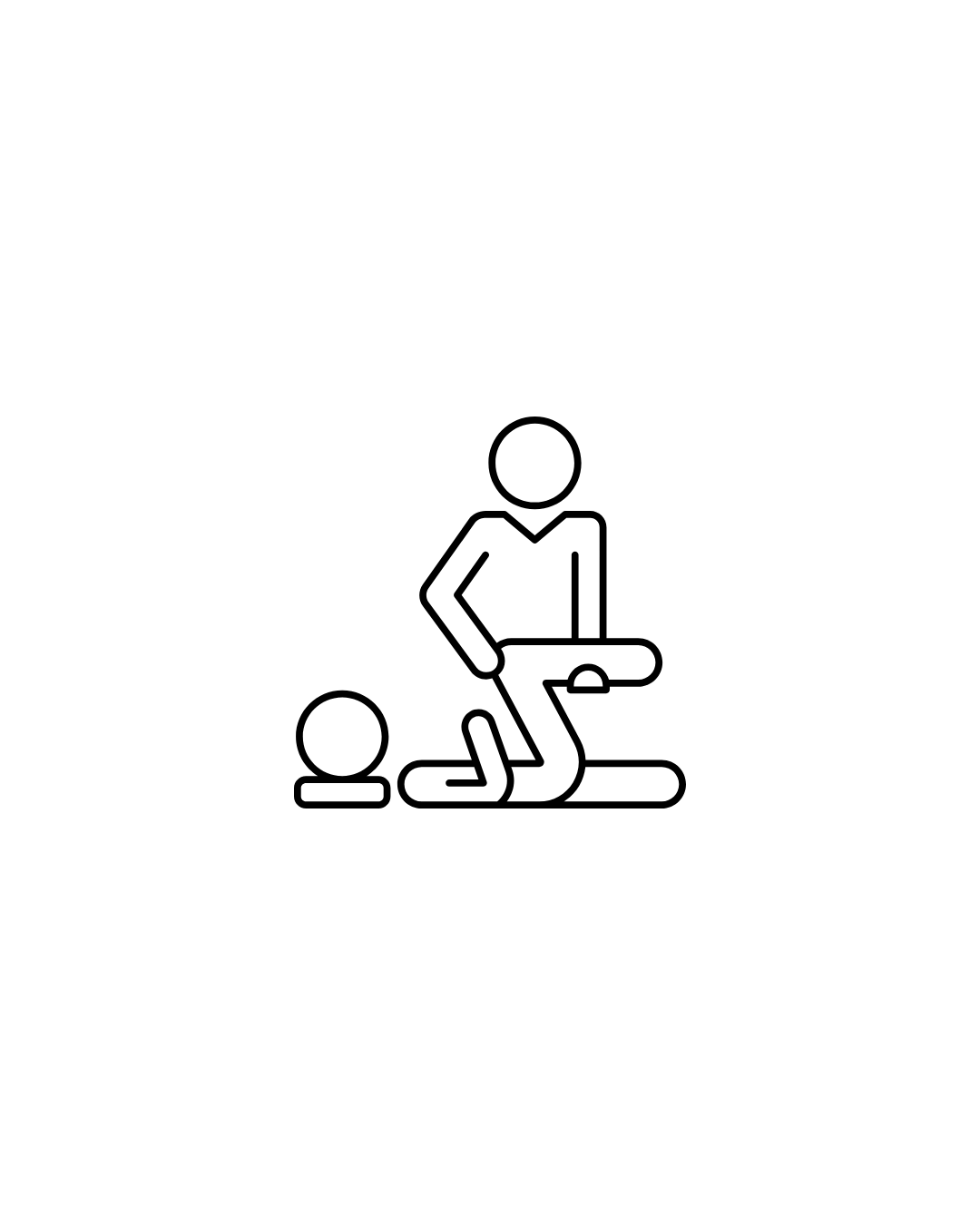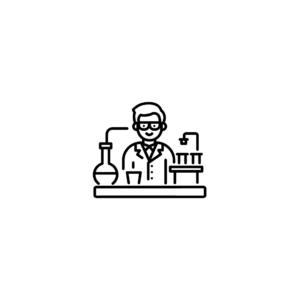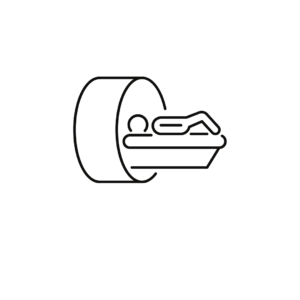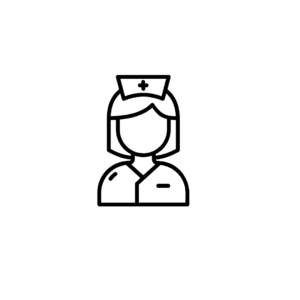Description
Overview of Bachelor of Physiotherapy (BPT-LE)
The Bachelor of Physiotherapy (BPT-LE) is a specialized undergraduate degree designed for students who wish to pursue a career in physiotherapy. The “LE” typically stands for “Lateral Entry,” indicating that this program is intended for students who may have completed a diploma in physiotherapy or allied health fields and are seeking to complete their degree. This program provides in-depth knowledge of physical therapy principles, assessment techniques, and rehabilitation practices.
Core Areas of Study in BPT-LE
Basic Sciences
Foundations in anatomy, physiology, and biochemistry relevant to the human body and movement science.
Pathology
Understanding diseases and their effects on the human body, particularly how they relate to movement and physical function.
Kinesiology
Study of human movement, including mechanics, motor learning, and the physiological aspects of physical activity.
Assessment Techniques
Learning various methods to assess physical function, muscle strength, range of motion, and gait analysis.
Therapeutic Modalities
Application of techniques such as electrotherapy, ultrasound, and manual therapy in treatment plans.
Rehabilitation
Focus on designing and implementing rehabilitation programs for patients recovering from injuries, surgeries, or chronic conditions.
Pediatric and Geriatric Physiotherapy
Specialized study in treating infants and children, as well as elderly populations with specific rehabilitation needs.
Sports Physiotherapy
Understanding sports injuries, prevention strategies, and tailored rehabilitation programs for athletes.
Clinical Practicum
Hands-on training in clinical settings, allowing students to apply theoretical knowledge and gain practical experience under supervision.
Research and Evidence-Based Practice
Training in research methodologies and the importance of integrating evidence into clinical practice.
Curriculum Structure
A BPT-LE program typically includes:
Core Courses: Required coursework covering various aspects of physiotherapy, anatomy, and clinical practice.
Elective Courses: Options to specialize in areas of interest (e.g., sports physiotherapy, manual therapy, geriatric care).
Clinical Practicum: Supervised practical training conducted in hospitals, clinics, or rehabilitation facilities.
Capstone Project or Research: A final project that may involve research or practical work addressing a specific issue in physiotherapy.
Admission Requirements
Admission to a BPT-LE program usually involves:
Completion of a relevant diploma program in physiotherapy or a related health field.
A minimum GPA or percentage as specified by the institution.
Letters of recommendation (if required).
A personal statement or interview, depending on the institution’s admission process.
Skills Developed in a BPT-LE Program
Graduates of the Bachelor of Physiotherapy program will develop a variety of skills, including:
Clinical Assessment Skills: Proficient in evaluating patient conditions and developing appropriate treatment plans.
Manual Therapy Techniques: Skills in applying hands-on techniques to improve patient mobility and reduce pain.
Communication Skills: Ability to effectively communicate with patients, their families, and healthcare teams regarding treatment plans and progress.
Rehabilitation Expertise: Knowledge of designing individualized rehabilitation programs aimed at restoring function and mobility.
Critical Thinking: Capability to analyze patient needs and make informed clinical decisions based on best practices.
Career Opportunities
Graduates with a Bachelor of Physiotherapy (BPT-LE) can pursue various career paths in healthcare, including:
Physiotherapist
Providing rehabilitation services in hospitals, clinics, sports facilities, and outpatient settings.
Sports Physiotherapist
Working with athletes to prevent injuries and design rehabilitation programs tailored to the sports context.
Pediatric Physiotherapist
Specializing in the assessment and treatment of infants and children with developmental delays or disabilities.
Geriatric Physiotherapist
Focusing on the unique challenges faced by elderly patients, including issues related to mobility, balance, and chronic illness.
Rehabilitation Specialist
Working in rehabilitation centers to help patients regain independence after surgeries or serious health events.
Researcher/Academic
Engaging in research related to physiotherapy or teaching in educational institutions.
Conclusion
The Bachelor of Physiotherapy (BPT-LE) program offers a comprehensive education that prepares students for successful careers in physiotherapy. With a combination of theoretical knowledge and practical application, graduates are equipped to address a variety of physical rehabilitation needs. If you have further inquiries about the BPT-LE program or any related topics, feel free to ask!









